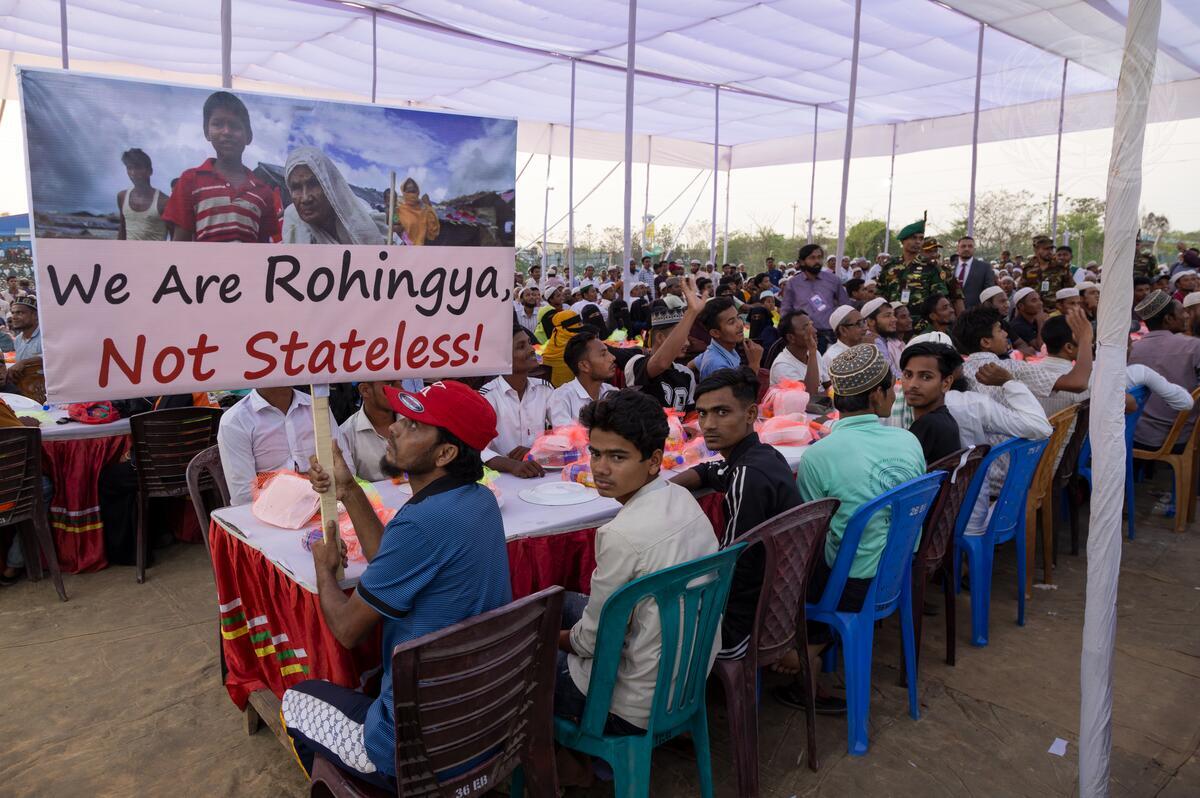CEO Insight: SDG 1 – Looking at the UN Day for the Eradication of Poverty: Convening the Legal Profession to Reach the 2030 Targets

This month the international community celebrated the UN Day for the Eradication of Poverty on 17 October. This year’s theme was Living Not Just Existing: Dignity For All. The theme contextualises for everyone the foundation of human rights, reminding us that an individual’s right to dignity pervades the global agenda.
This annual reminder of UN’s Sustainable Development Goal 1 (#SDG1) and it’s 2030 target serves to unite us all behind a common objective, acknowledging that poverty is not an inevitability of our world but a choice that as a community we can elect to change.
Global Poverty: The Facts
The UN SDGs, set in 2015, have suffered several set backs over the last few years, with the UN predicting COVID-19 to have pushed ‘between 143 and 163 million people into poverty’. The majority of those forced into poverty are in South Asia and Sub-Saharan Africa, regions already fighting disproportionate consequences of climate change displacing more and more people every year. War in Europe has created another growing displaced population, and the cost of living crisis is predicted to push 1.3 million people into poverty in Britain alone.
Put simply, we are witnessing a global reversal in poverty reduction. The call to action worldwide is more pressing than ever, as is the reality that persistent poverty permeates all areas of the globe. The barriers that multidimensional poverty erects in an individual’s life restrict access to education, nutrition, shelter, and the law. To eradicate poverty all sectors must engage in the fight.
The Legal Sector’s Role in the Fight
The role of the law in the eradication of poverty cannot be overstated; it is as instrumental in enabling those in poverty to realise their rights, as it has in the past been cognisant in perpetuating inequality. Across the world, transplanted legal systems – remnant of colonial pasts – remain inaccessible for impoverished populations, who are unable to afford lawyers, transport to courts, or necessary education to recognise their rights and lack thereof.
Achieving social justice through these systems means enabling access to justice for everyone. The law needs to work hand in hand with poverty alleviation programmes in order to protect the economic, social, and cultural rights of people in poverty. Although the rule of law is intended to extend to the life of all individuals, it is often not perceived as a tool to attain justice for those in need.
Targeting specific groups to advance access to justice is an important step in establishing equality of living, with women, children under 5, immigrants, people living with disabilities, and indigenous people experiencing poverty at a higher rate.
Legal Pro Bono in Action
But how does a legal commitment to reducing global poverty look on the ground? In recent years A4ID has facilitated several land law projects in developing countries. Globally, Indigenous People are 3 times more likely to find themselves in poverty, often down to corporations infringing upon their land for resource extraction.
Ongoing conflict in the Democratic Republic of Congo (DRC), saw Indigenous People in the area uprooted as a result of military occupation. The poverty that grew as a result of this displacement went unanswered as those in the communities had insufficient access to justice.
A4ID’s development partner Global Witness worked in the DRC alongside A4ID legal partner, Simmons & Simmons, to draft new laws increasing the protection of Indigenous People uprooted as a result of conflict.
Brokered by A4ID, the work Simmons & Simmons produced was completely Pro Bono. Projects like this are instrumental in alleviating poverty, ensuring that on the ground NGOs – influenced and led by their beneficiaries – have the legal support required to take on the states and corporations perpetuating injustice.
How should the legal profession respond?
· Providing pro bono legal support to civil society organisations that support the poor
· Increasing knowledge, developing policies and programmes at regional, national, and international level that address ‘Poverty’
· Increasing the provision of legal services to those unable to afford representation
· Educating the public and raising their awareness about their rights, and the legal and judicial mechanisms at their disposal
· Using public interest litigation and reform advocacy to influence law and policies to reduce poverty
The legal community’s responsibility in the war against poverty must be answered.
A4ID’s mission is the global eradication of poverty, committed to supporting and facilitating lawyers and law firms to take on the challenge and coordinate with NGOs. Find out more about A4ID’s ROLE UK Programme, linking law firms and development partners, or read our SDG Initiative for other legal directives on the UN Sustainable Development Goals. A4ID are also presenting the final module of its Law and Development Training Programme on the 12 November, which will focus entirely on the eradication of poverty, sign up today!
